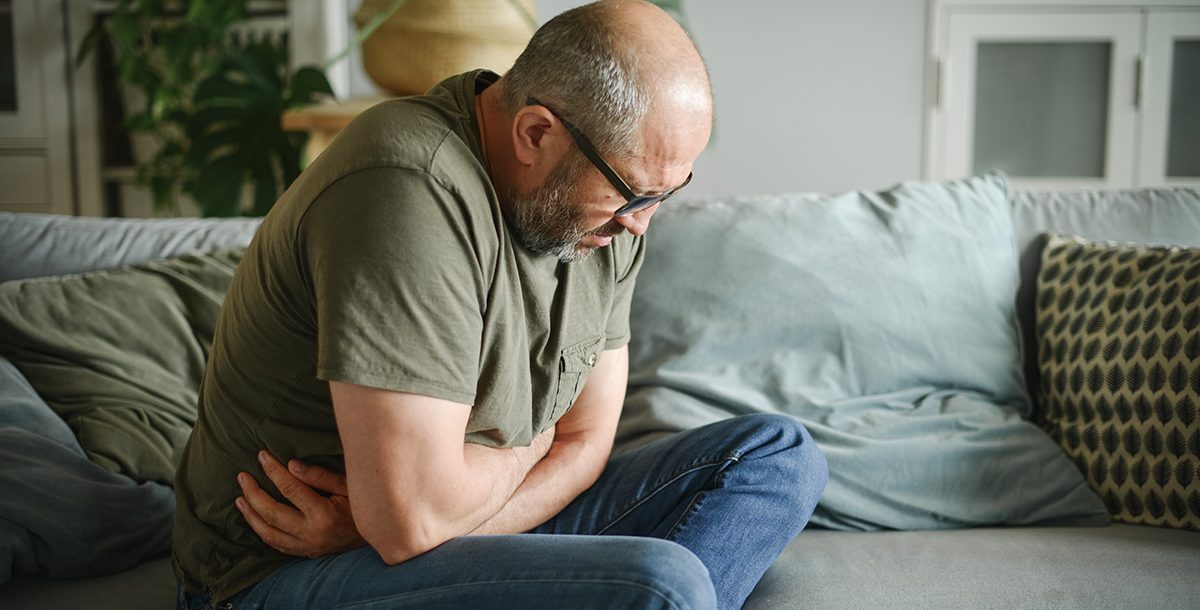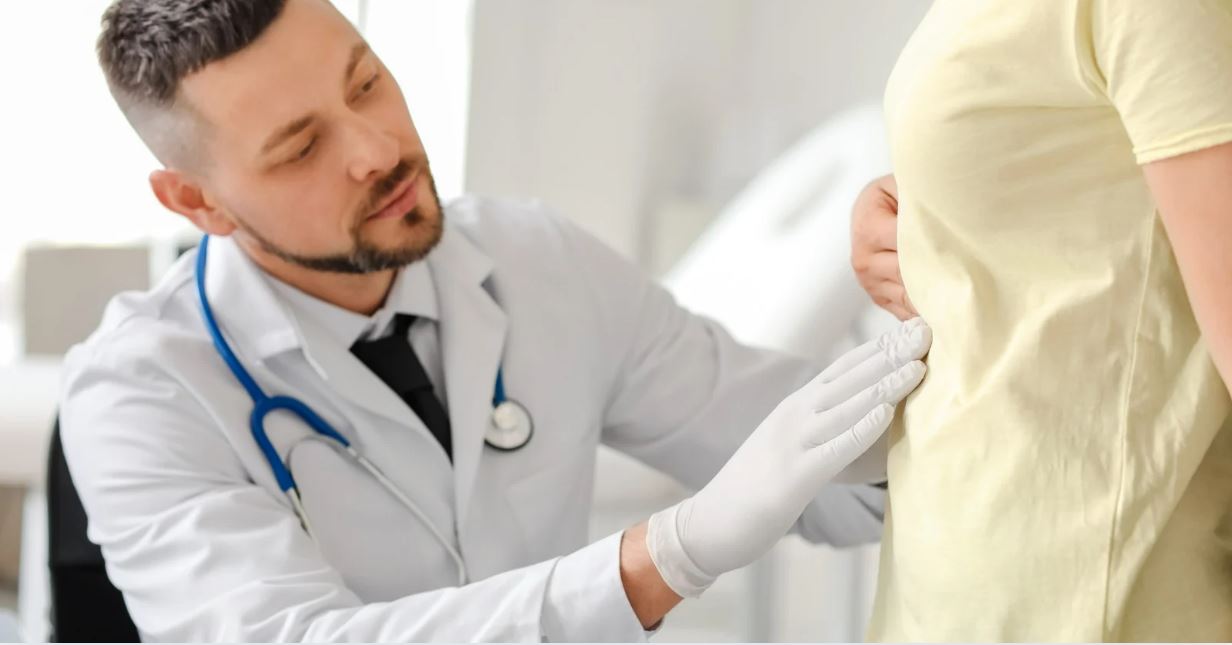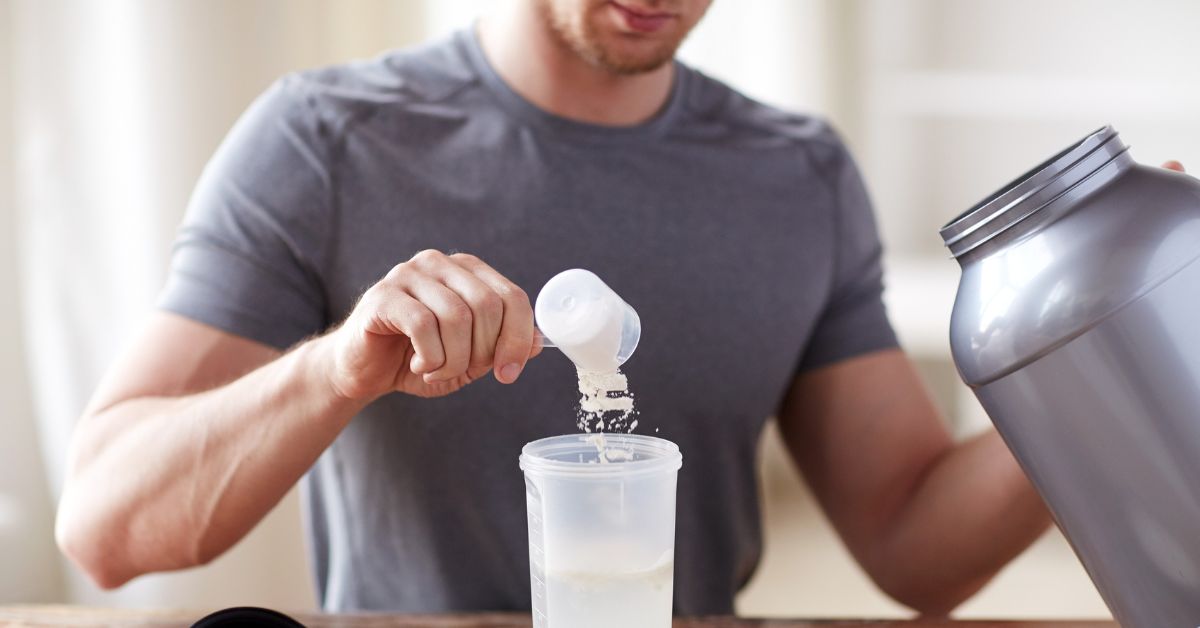Nearly 10 percent of adults in our country will have at least one kidney stone at some point in their life. Per their name, kidney stones develop in your kidneys. However, if your body attempts to pass one, you can experience pain in other areas, such as your groin, lower back and abdomen.
Other symptoms of kidney stones include:
- Pain during urination
- The constant need to urinate
- Cloudy urine
- Urine that’s an unusual color, such as red, pink or brown
- Nausea
- Vomiting
- If the kidney stone has caused an infection, fever and chills
Why would your body produce something as painful as a kidney stone?
Not staying hydrated is usually the main factor. In fact, you can reduce your risk of kidney stones by simply drinking 2 to 2.5 liters of fluid every day. Be sure to drink even more during hot, summer months.
Family history can also be a factor. If someone in your family has a history with kidney stones, it makes you more at risk for developing one of your own. Also, if you have already had a kidney stone, you are more likely to develop more in the future than someone who has not. Certain health conditions, medication and procedures can influence kidney stone development, too.
And as with a lot of things, it also matters what you eat. Foods with lots of sugar or sodium can encourage kidney stone formation. Also, having too much protein in your diet. Obese people are in general at higher risk for kidney stones.
What are the different types of kidney stones?
The majority of kidney stones – 80 percent – are made of calcium oxalate. These type of kidney stones form because there is too much calcium in your urine.
There are also other types of kidney stones caused by a variety of health conditions.
- Struvite stones: form suddenly and can turn into a Type 2 diabetes urinary tract infection
- Cysteine stones: form because of cystinuria disorder, an inherited disease
- Uric Acid stones: form due to type 2 diabetes, eating excessive animal protein, gout or obesity
How do you get rid of a kidney stone?
How big your kidney stones are will decide what treatment you receive.
If they are on the smaller side, drinking water and taking over-the-counter pain relievers until they pass is your best bet. From there, your health care provider may suggest certain lifestyle changes to help you avoid kidney stones moving forward. This could include cutting out certain foods and watching your sodium intake.
Stones on the larger side are more complex cases. A doctor might need to use sound wave treatment to break down the stone. If the stone is still too large to pass, surgery is an option. Also, the larger the kidney stone, the stronger the pain management tactics might need to be.
Learn more about the urology services we offer at Mercy Health.






